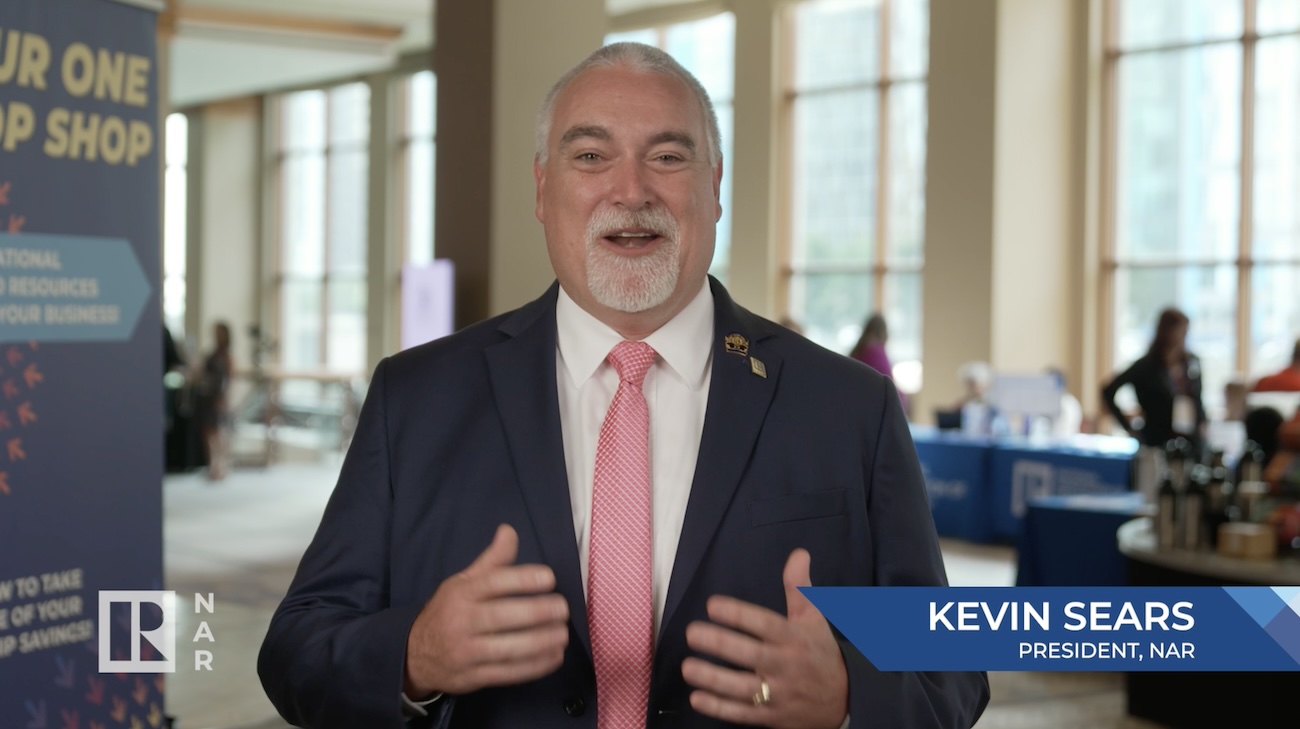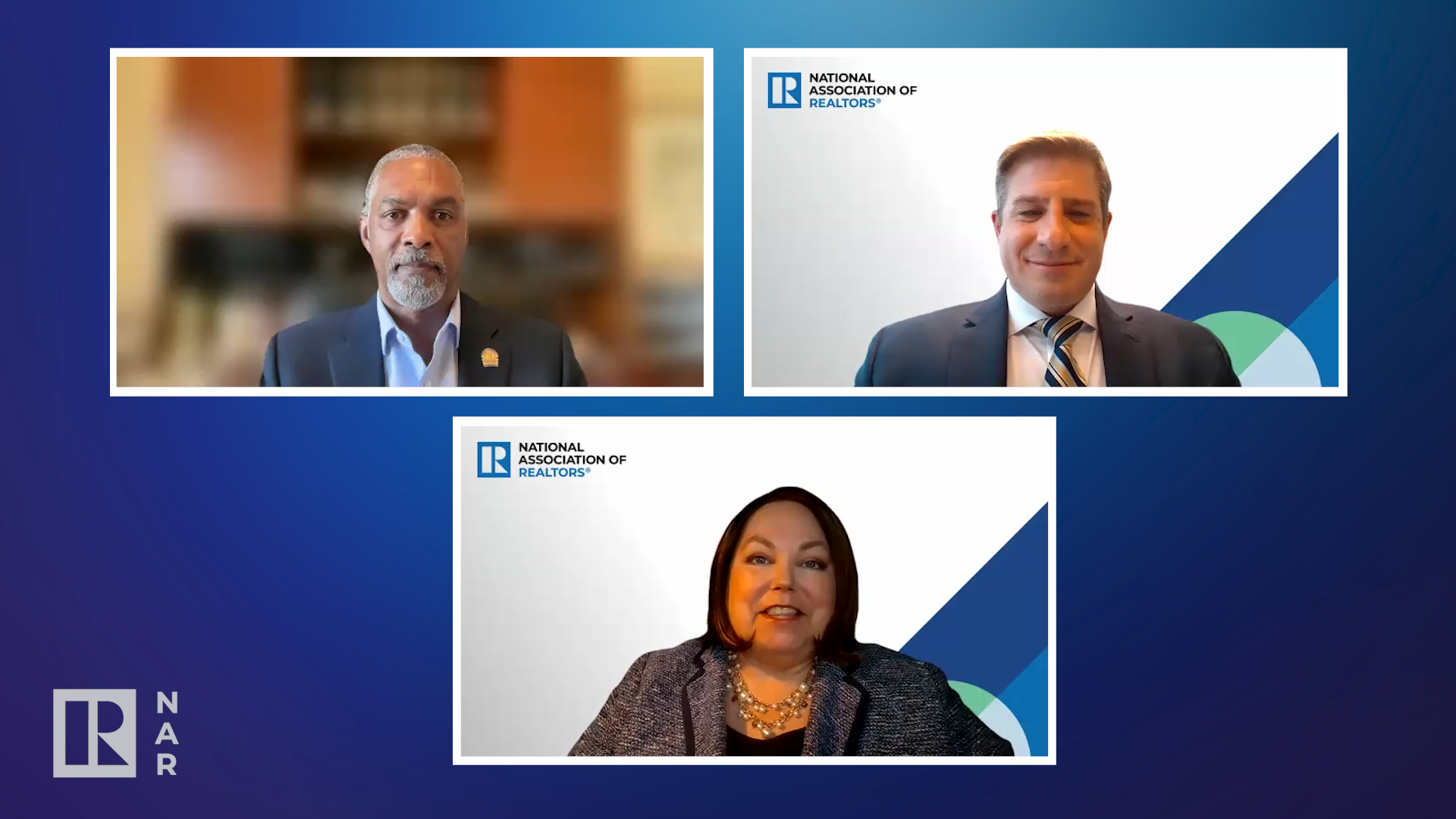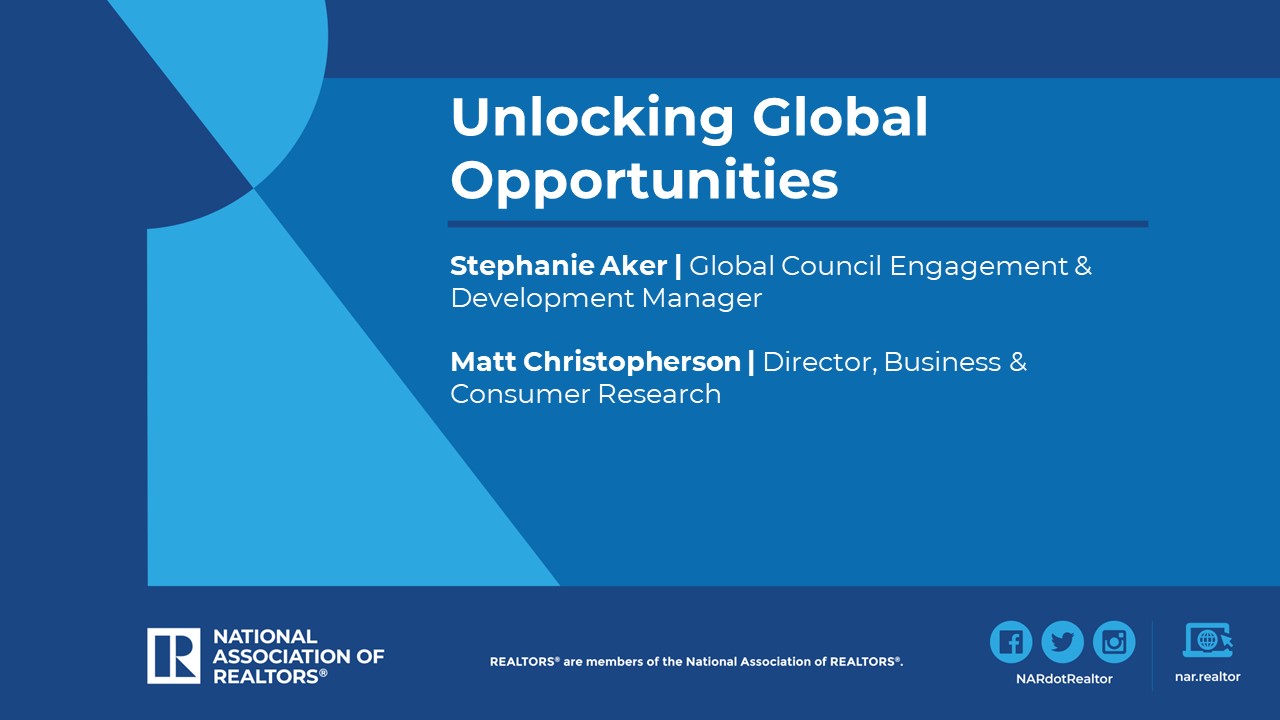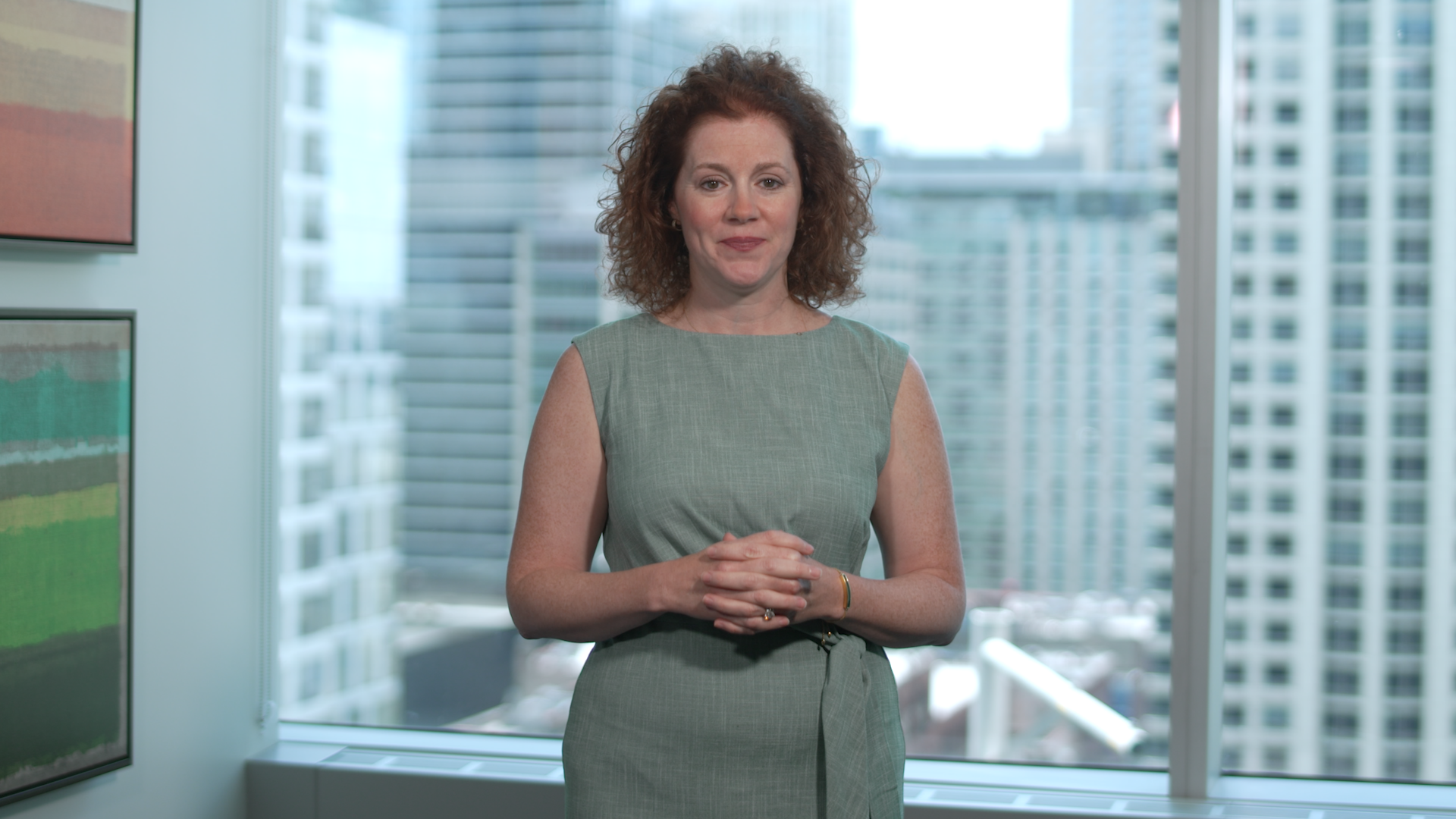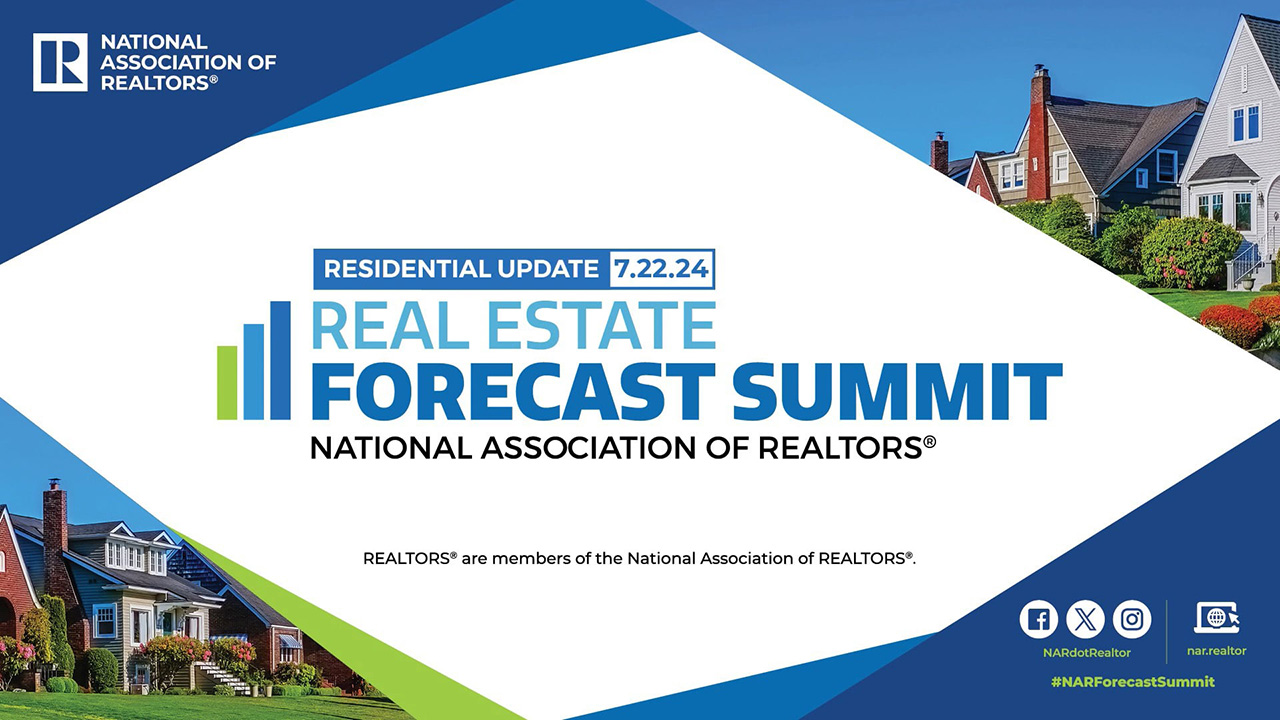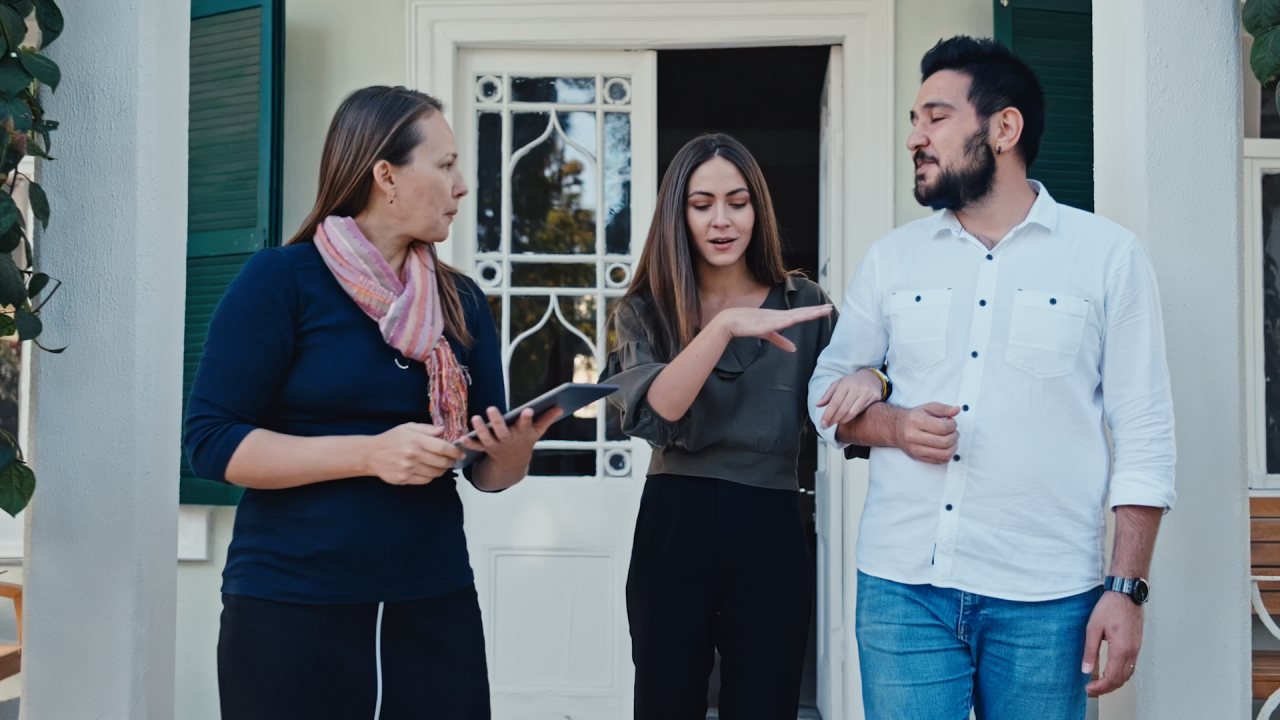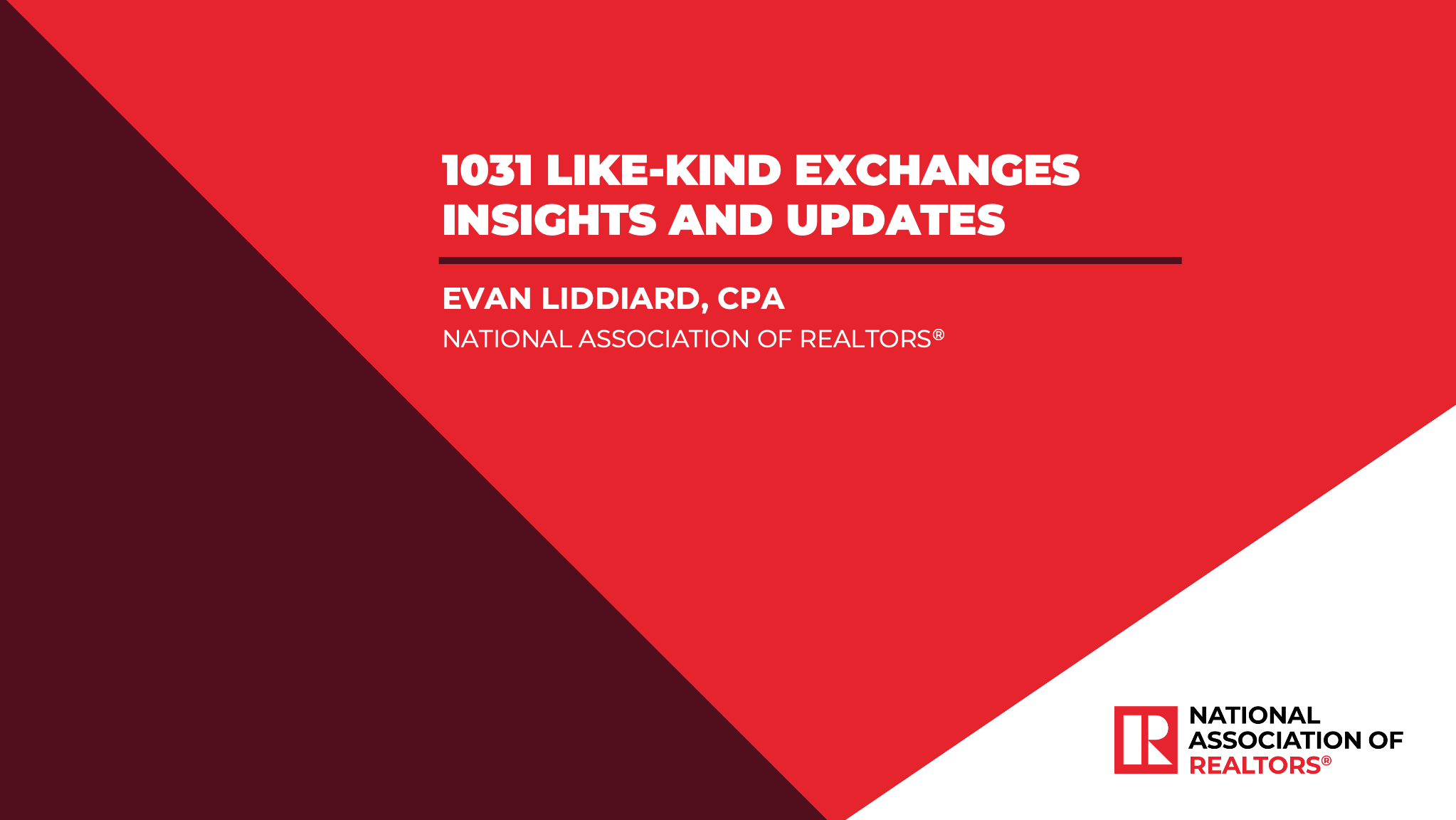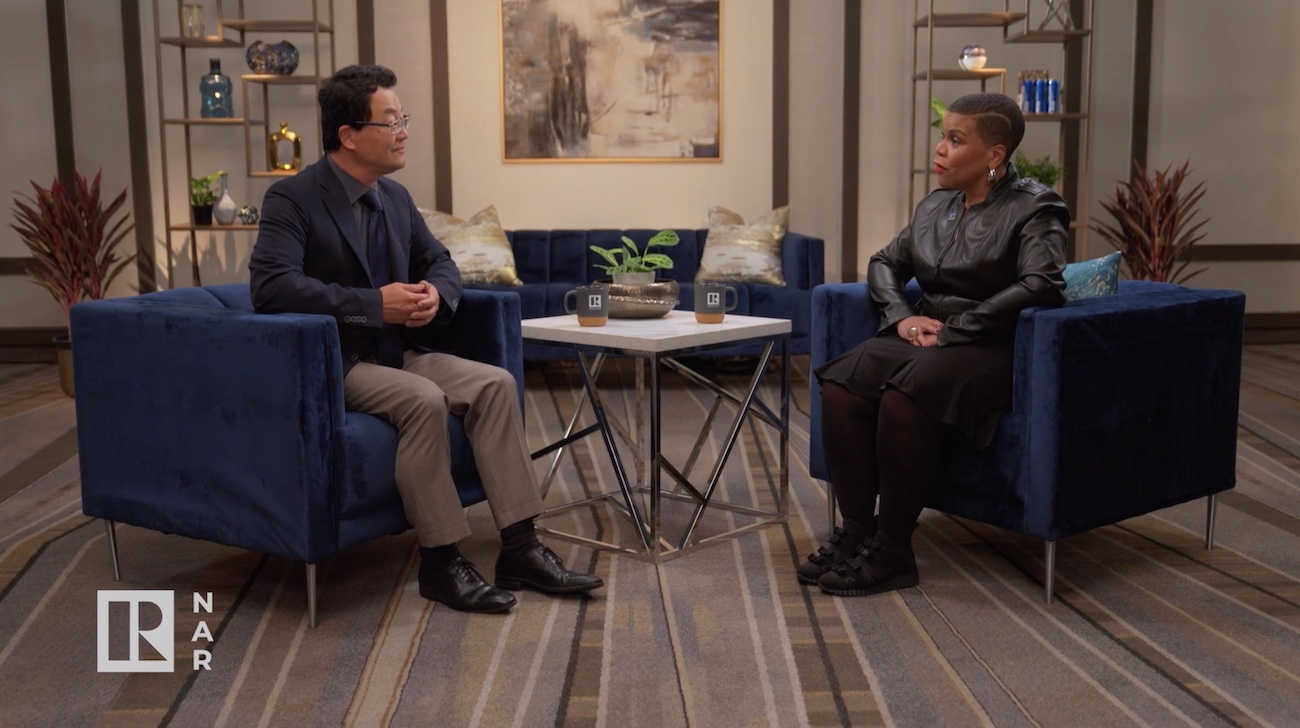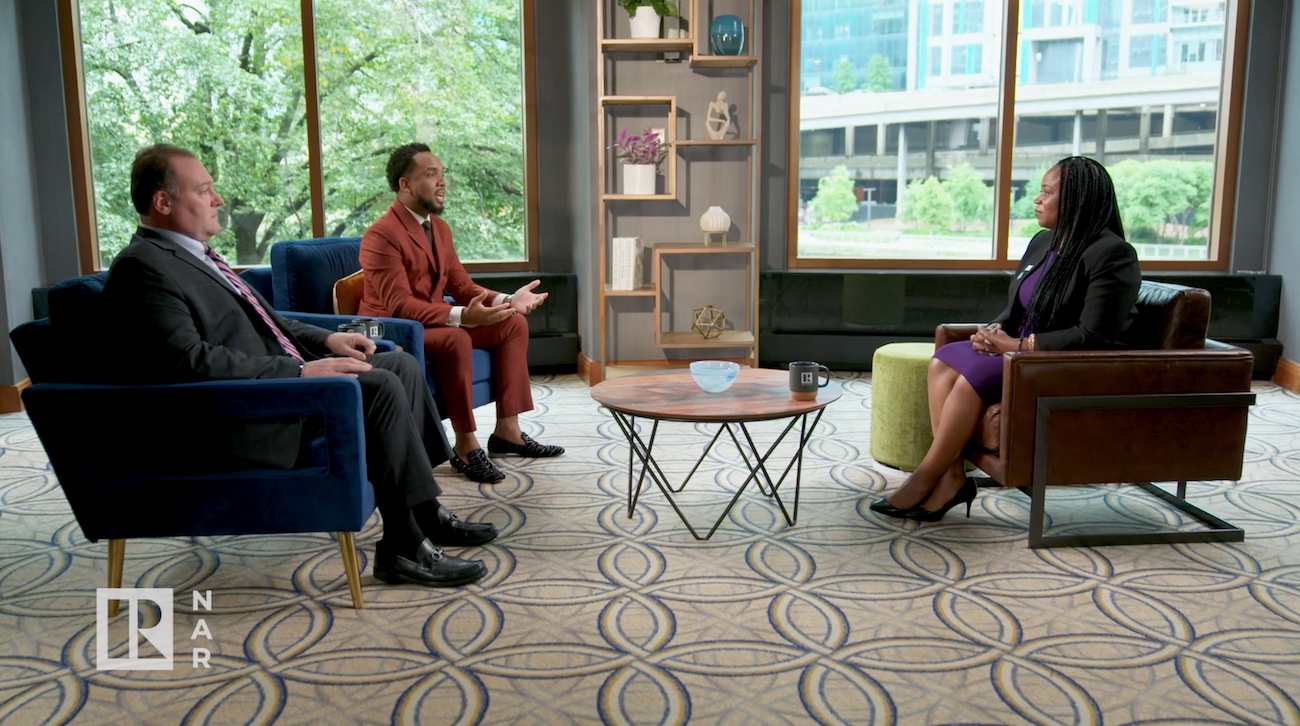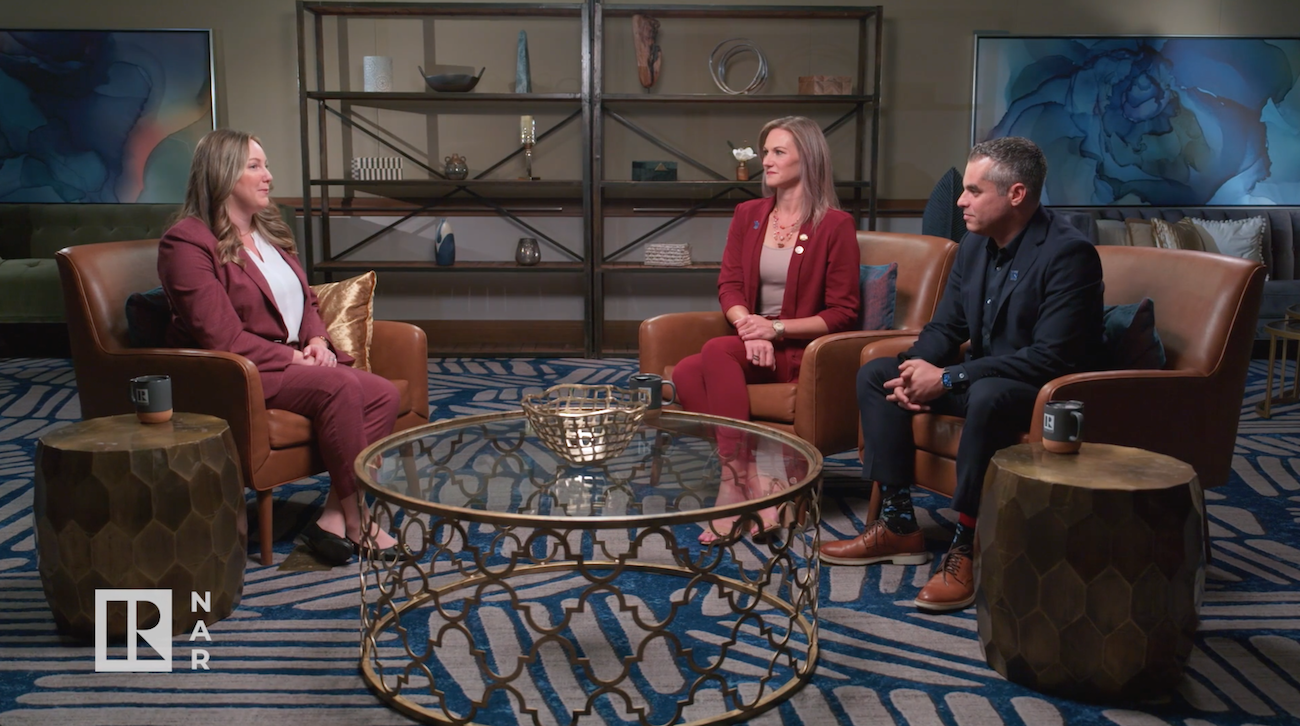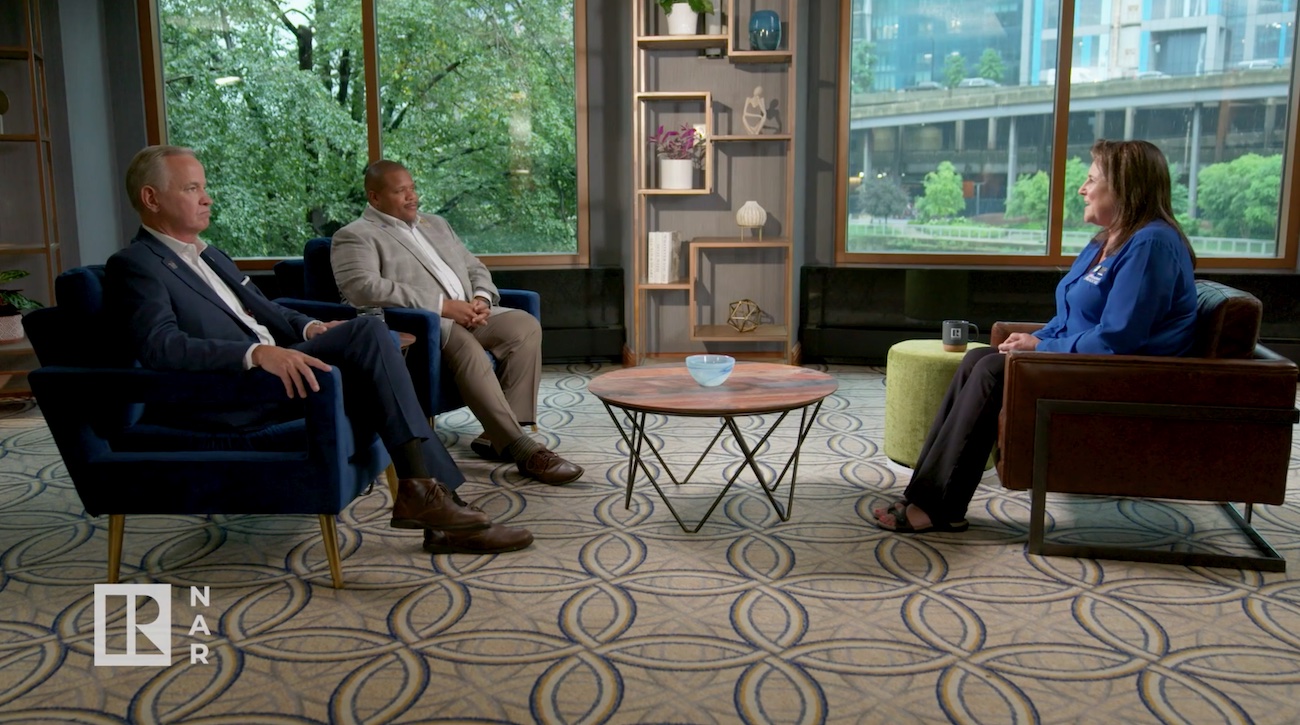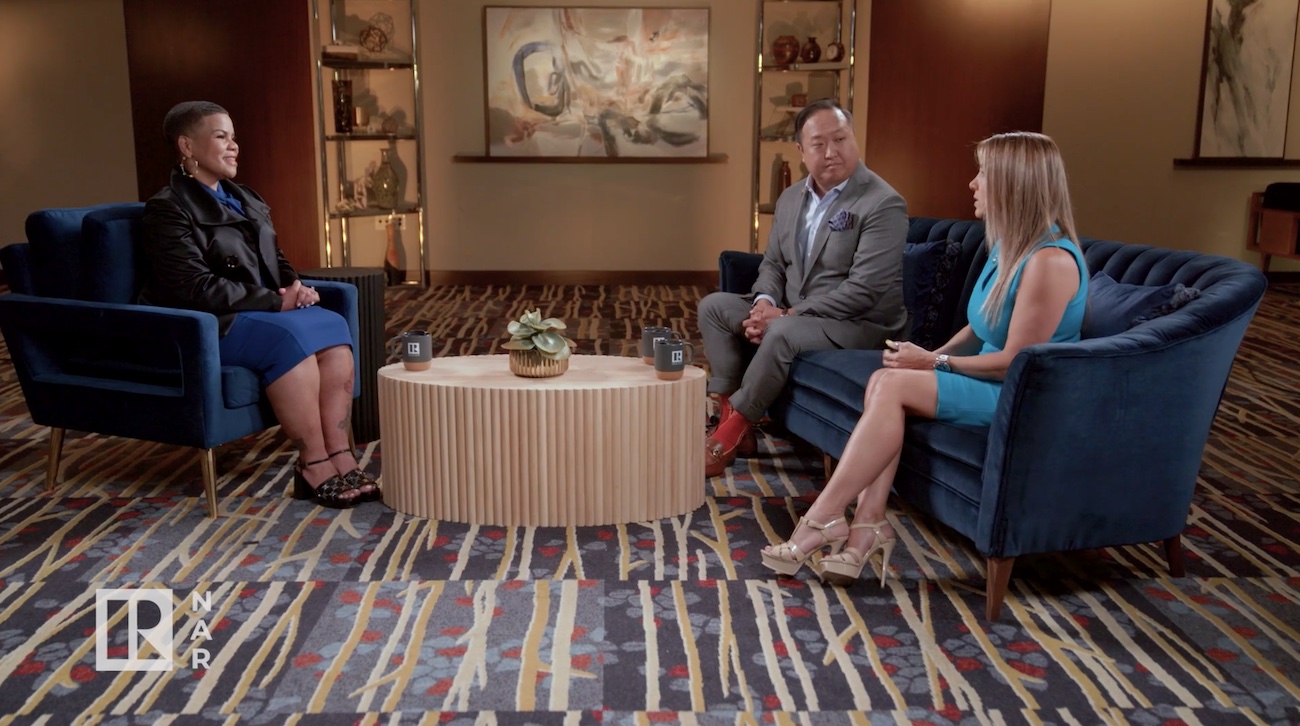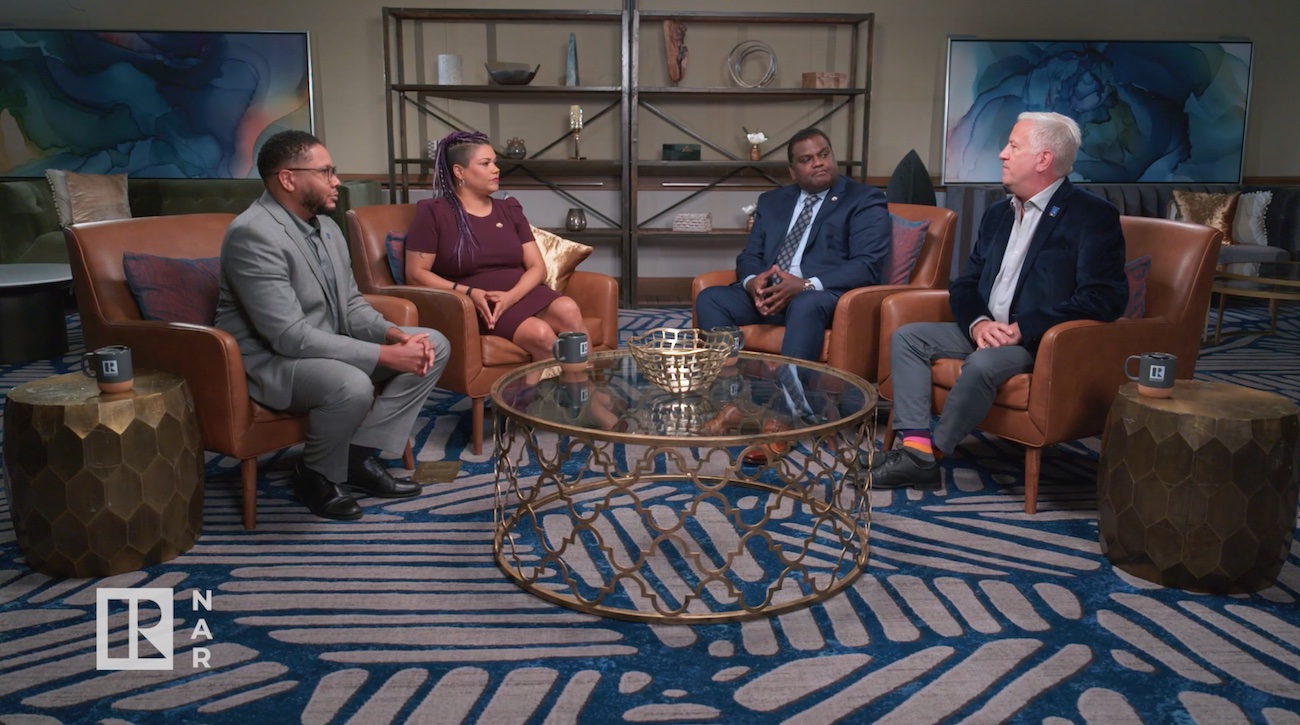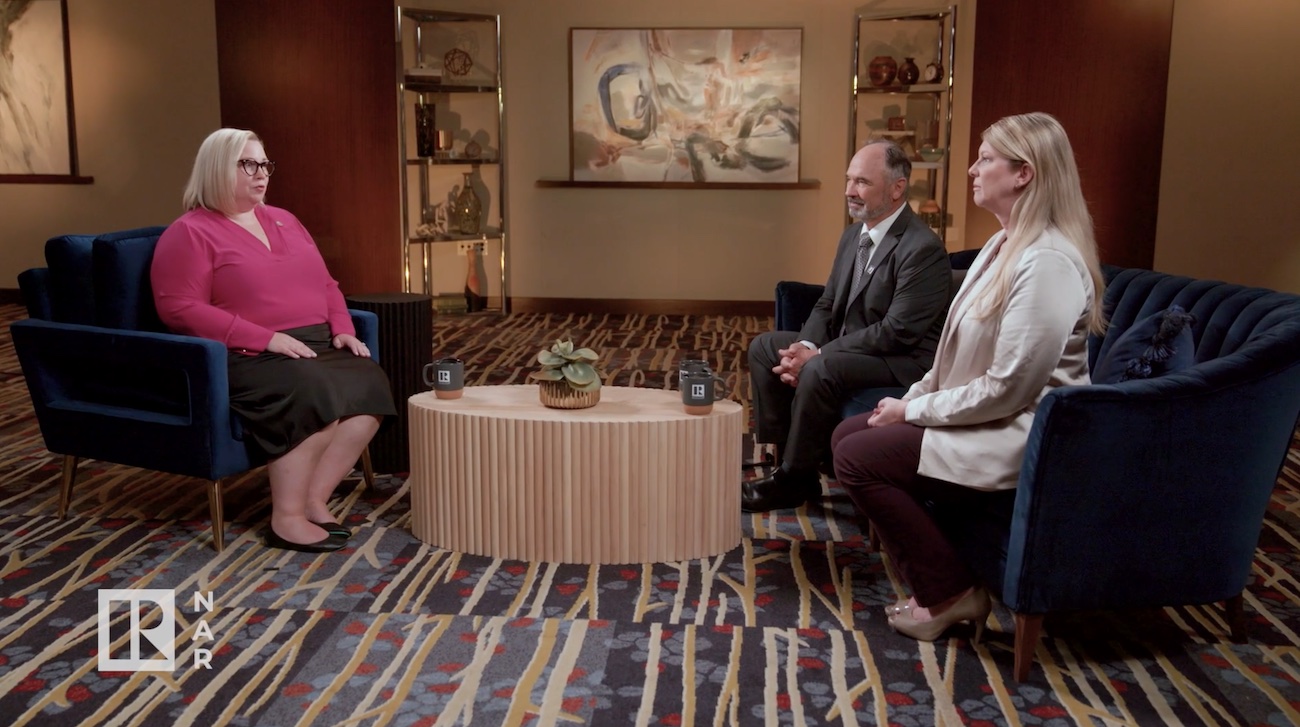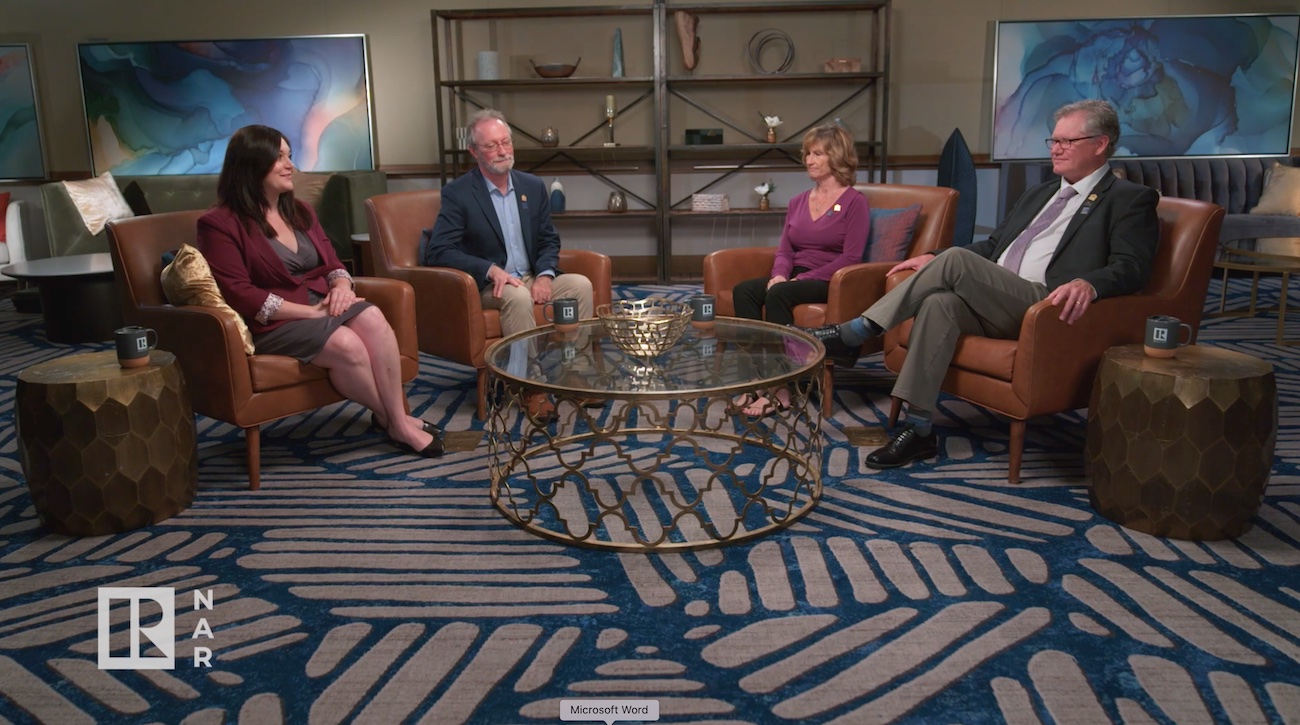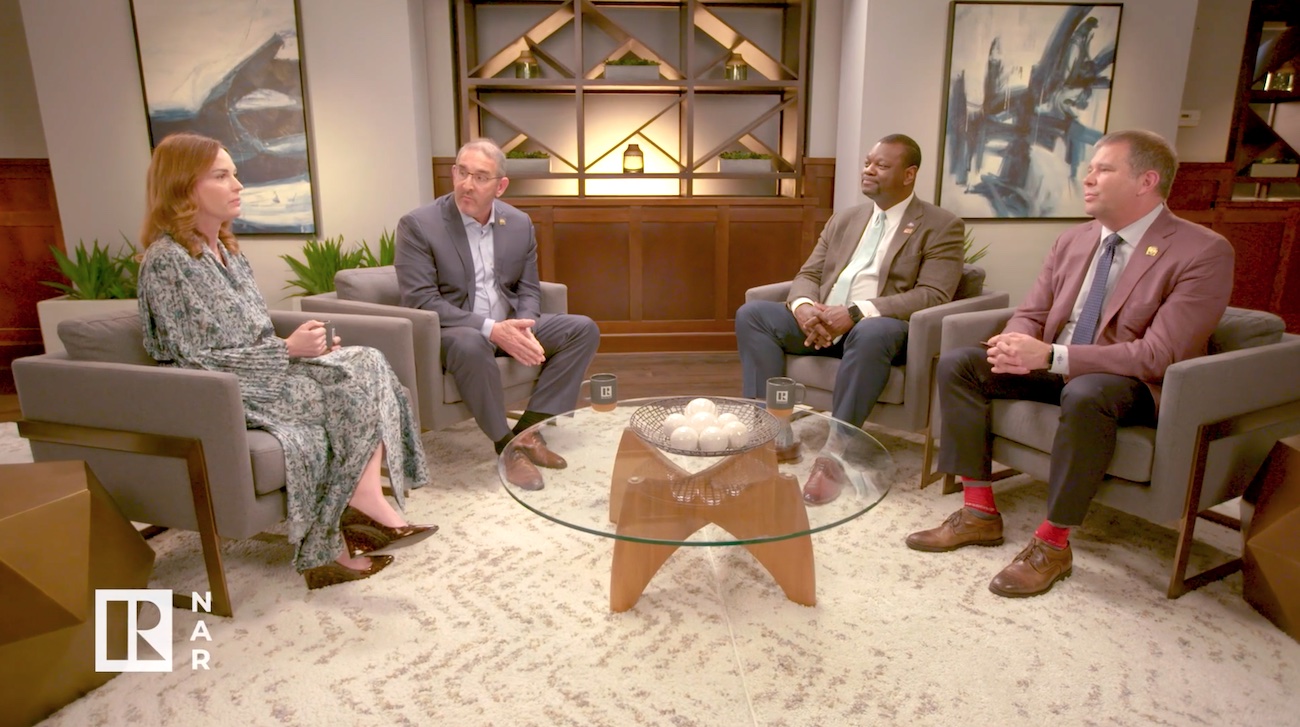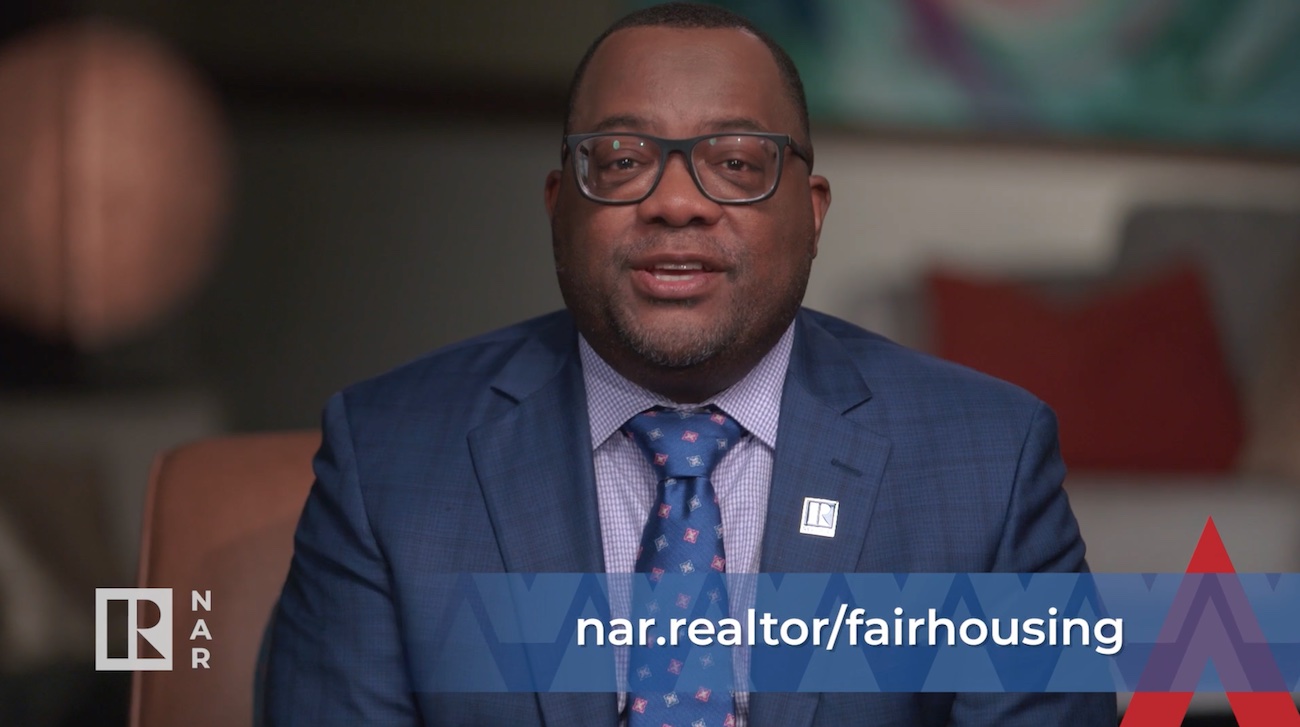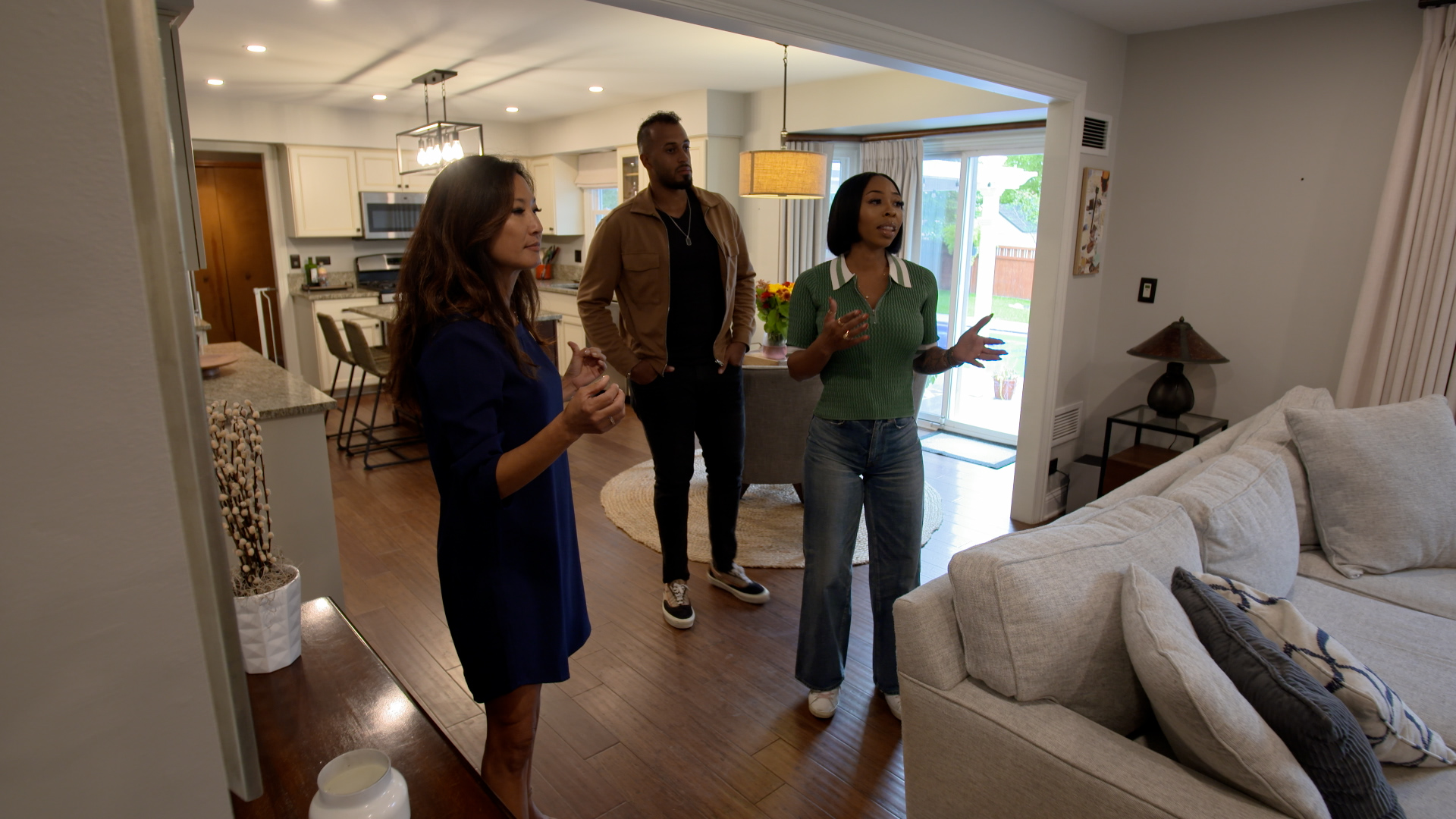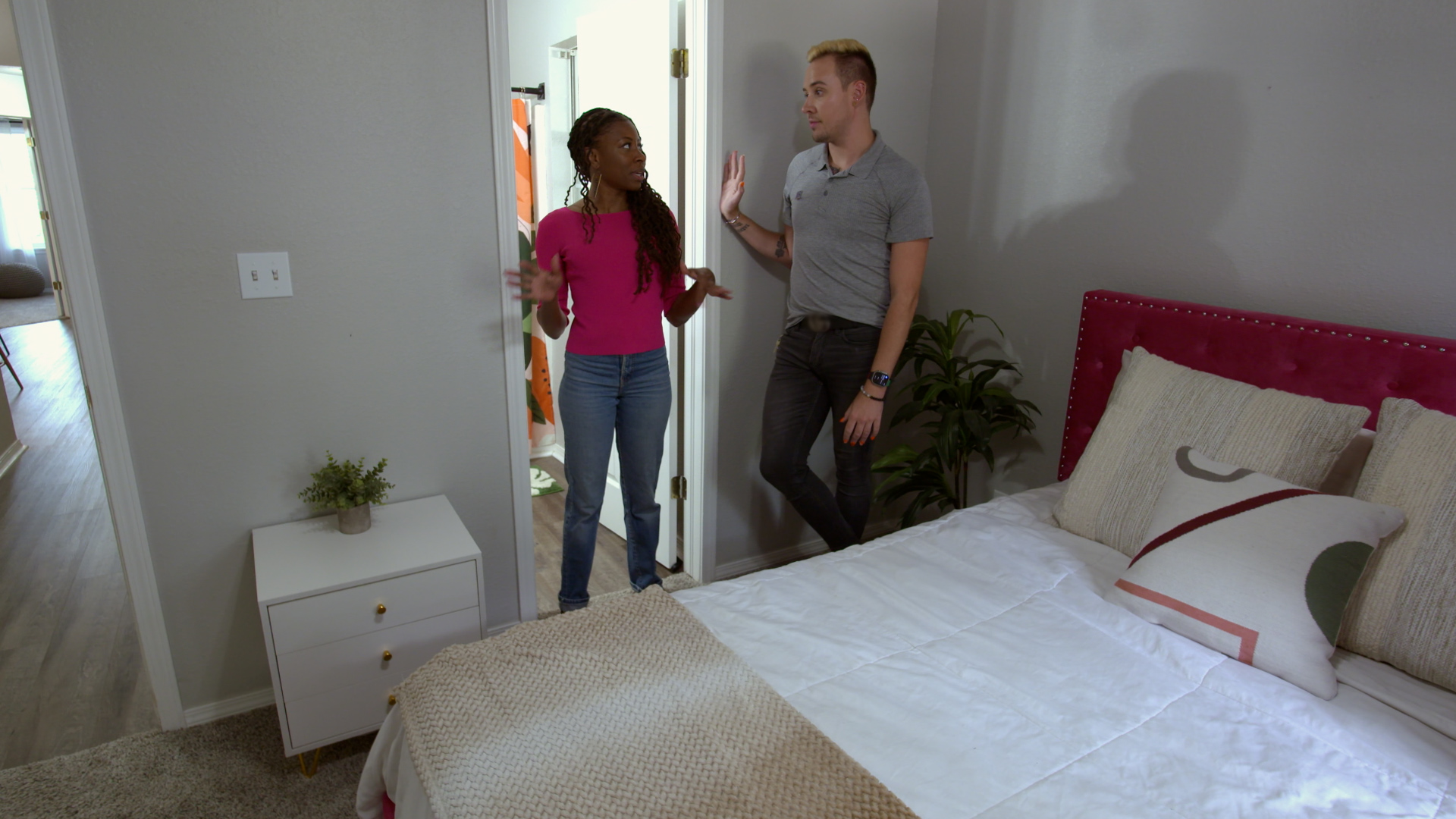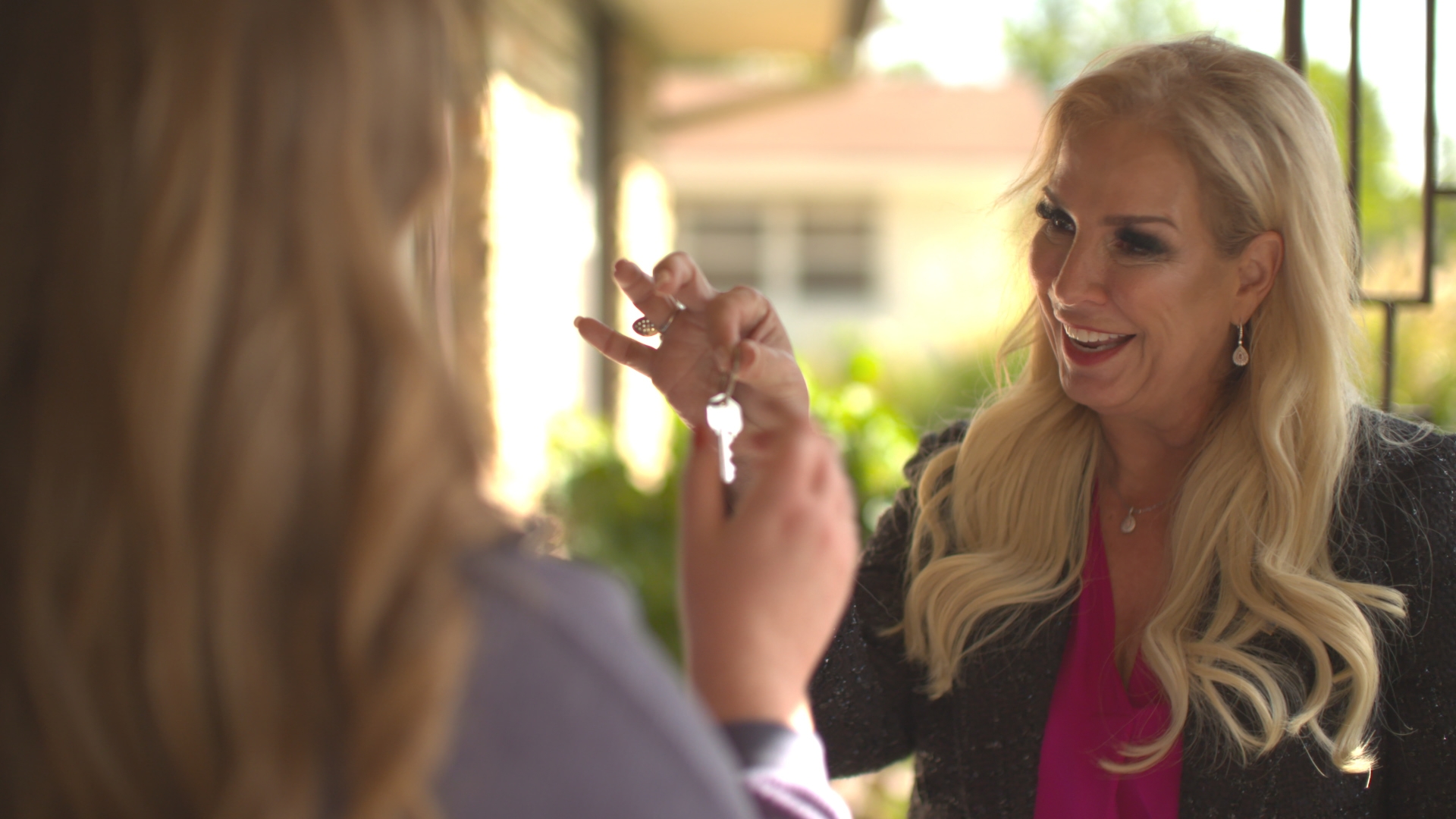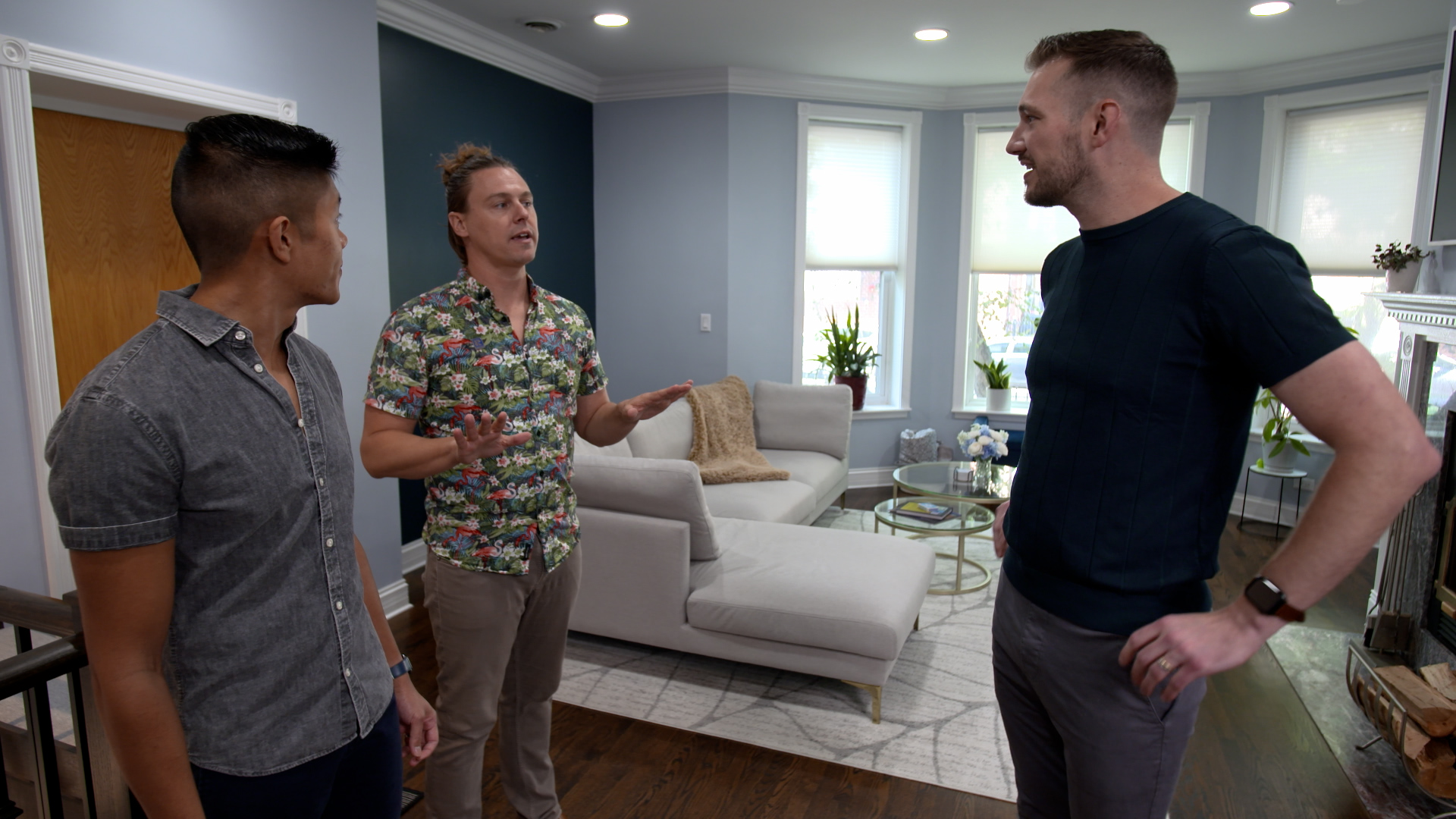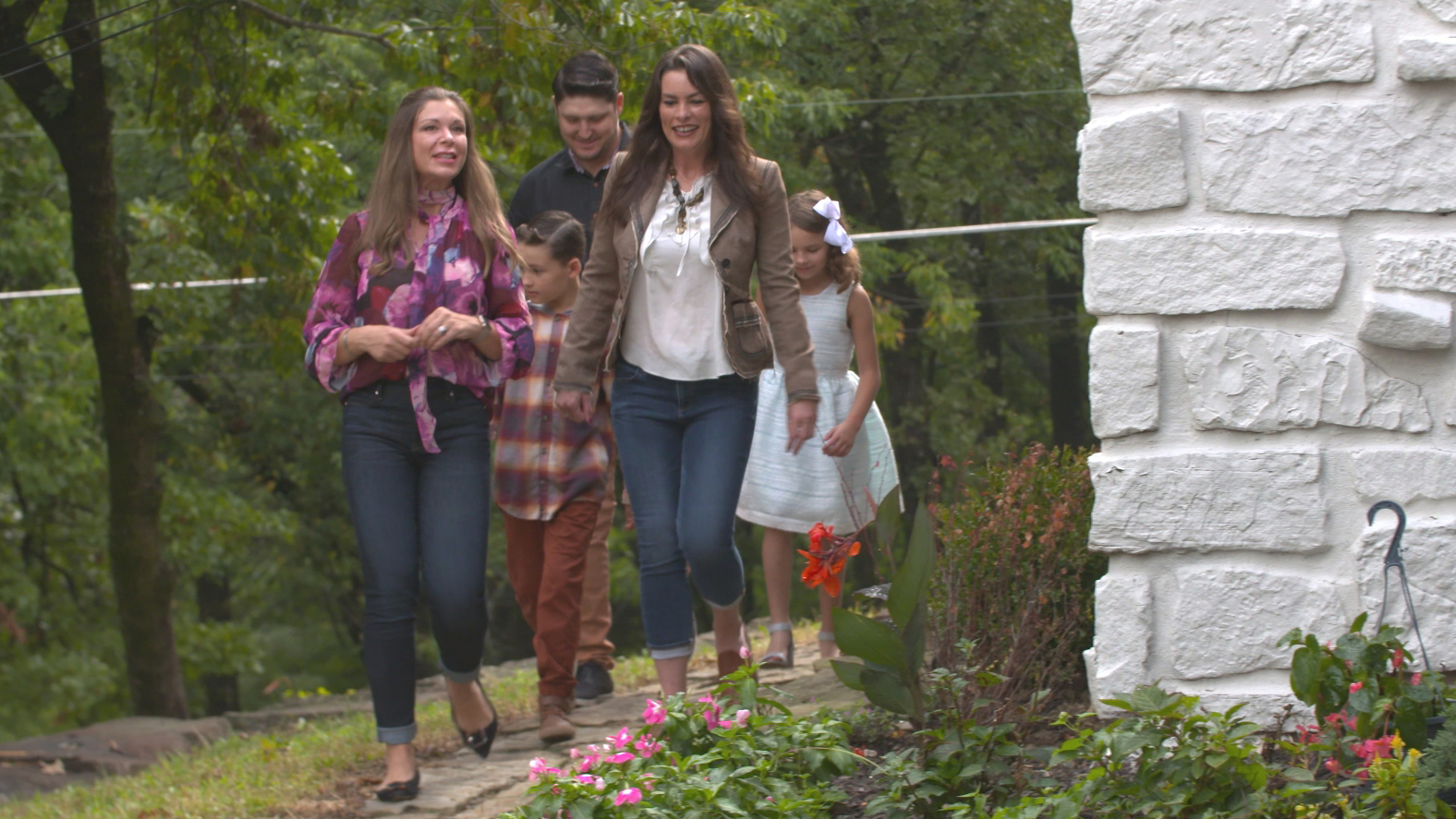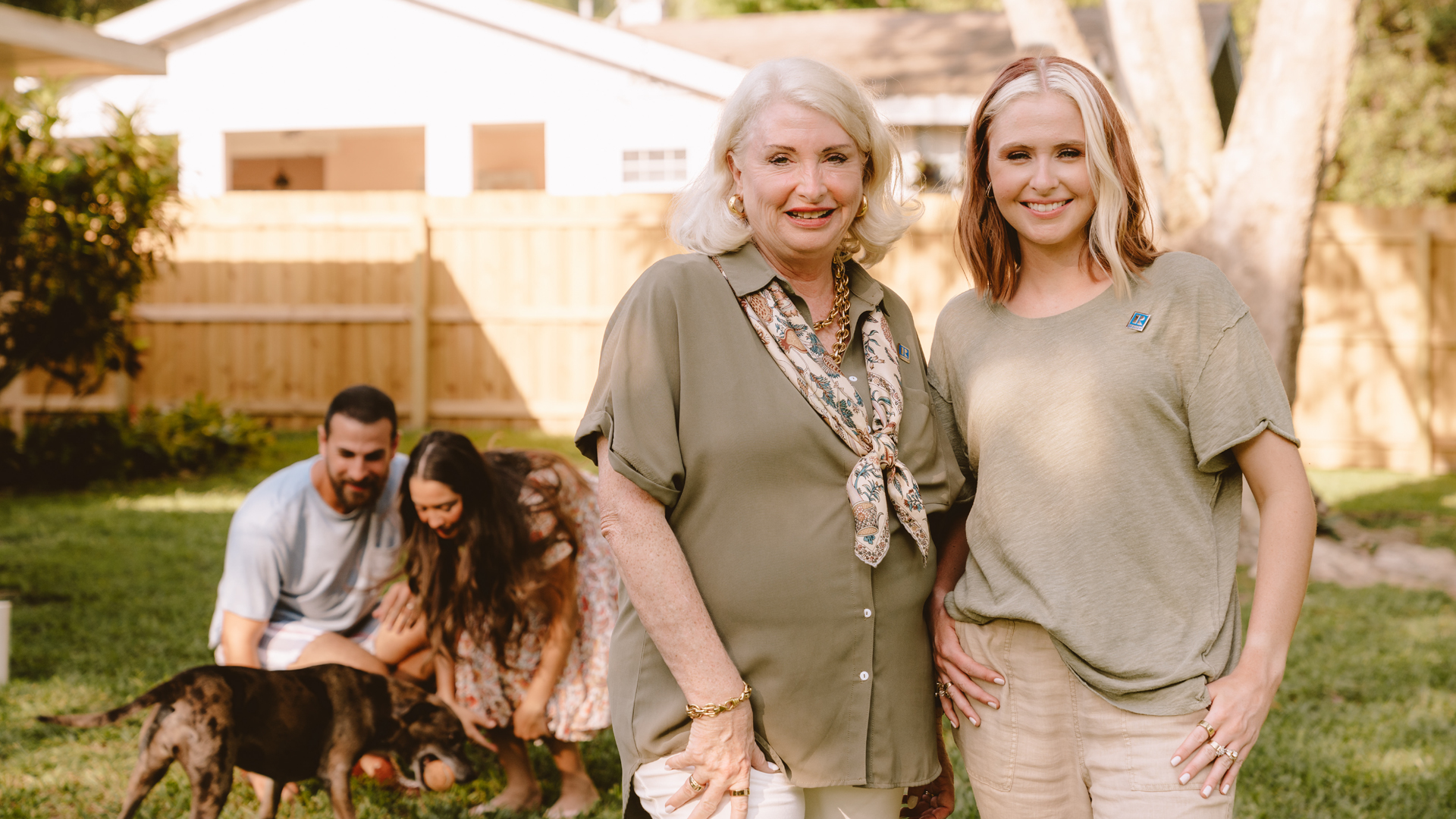
Emails made to look like they come from the National Association of REALTORS® and other official real estate organizations are becoming more common as fraudsters try to make money by duping real estate professionals. Liz Sturrock, NAR Vice President of Information Technology, discusses how to know whether an email that appears to be from NAR or another real estate group is authentic or a scam.
Transcript
Rob: We are seeing a lot more e-mail fraud in real estate today and there is a reason for that. I am Rob Freedman with the NATIONAL ASSOCIATION OF REALTORS® and I am with Liz Sturrock, Vice President of Information Technology at NAR. Let us talk about this for a second… Our members are seeing a lot more of this in their business.
So… We’ve all had the experience where we get an e-mail from someone that we know but there is something that’s really not quite right about it.
Why are we getting those emails?
Who is sending them?
Why are they sending them?
Liz: They are sending them because they want money and they can use all sorts of things that they do with the information that they get from those e-mails to try and make a profit. The data about us, about our companies and about our relationships in those companies whether it is the association, in your brokerages or with your customers all of that has been commoditized and these criminals are actually running business operations on it. When it comes to the actual transactions in real estate those are so big that they do not need to be that successful of one percent or half percent success rate can feed a whole group of people for a really long time but with that in mind, the e-mails that we get that we’re seeing that we’re spoofing the best way thing you can do is take a look at them and say, “Would this person send this to me?” If you’re not sure, pick up the phone and call them at a number that you already have for them or that you already have as a contact. You can look up on the Internet or on a legitimate website. Never call from the phone number that’s attached to a message like that.
Rob: So recently there’s been a number of instances where members of NAR have received e-mails from what appears to be NAR. In other words, these e-mails are spoofing NAR. If you receive an e-mail from the association, how do you know if it’s really from the association? What should you look for?
Liz; So you should definitely look at the From: field and it should be coming from one of our nar.realtor or realtors.org addresses. You should look at the content of it so NAR doesn’t collect membership dues dollars from members who are members of a local association. Some of the local associations will send messages that come back to the realtor.org domain to make a payment, but we don’t take payment from anywhere else. So anything that looks suspicious that doesn’t come back to nar.realtor or realtor.org directly absolutely did not come from us. NAR does not collect dues on behalf of state associations or local associations of REALTORS®. The associations themselves are doing that.
Rob: So let’s say you get an e-mail and you come to suspect that is spoofing e-mail what should you do?
Liz: So what I usually do is one, never open an attachment because even if the benign looking attachment can have an embedded virus in it or some Malware. Two, you can use your mouse to mouse over any embedded links and see where they go if they are not going to your local association, your state association, nar.realtor, or realtors.org it’s not from us. If you have any doubt about it, you can contact your local, state or the NATIONAL ASSOCIATION OF REALTORS® we’re happy to answer your questions and we are here to protect you.
Rob: So what are some of the scams that we’ve seen with NAR or some of the other associations targeted?
Liz: Some of them have been charity where it looks like we’re trying to collect money on behalf of a single person or a single family. NAR will never solicit money on behalf of a single person or a single family. Everything we send out usually is attached to a major event and it always comes from the REALTOR® Relief Foundation. We’ve also seen messages at the state and local levels so it could come from the Florida Association of REALTORS® or the very generic your local association of REALTORS® and with that, they can send it just about anywhere. It’ll say your local association, It’ll look like a dues breakdown of local, station and national. They may even have something references RPAC in there, but again if you’re not sure call your local association and don’t pay it!















